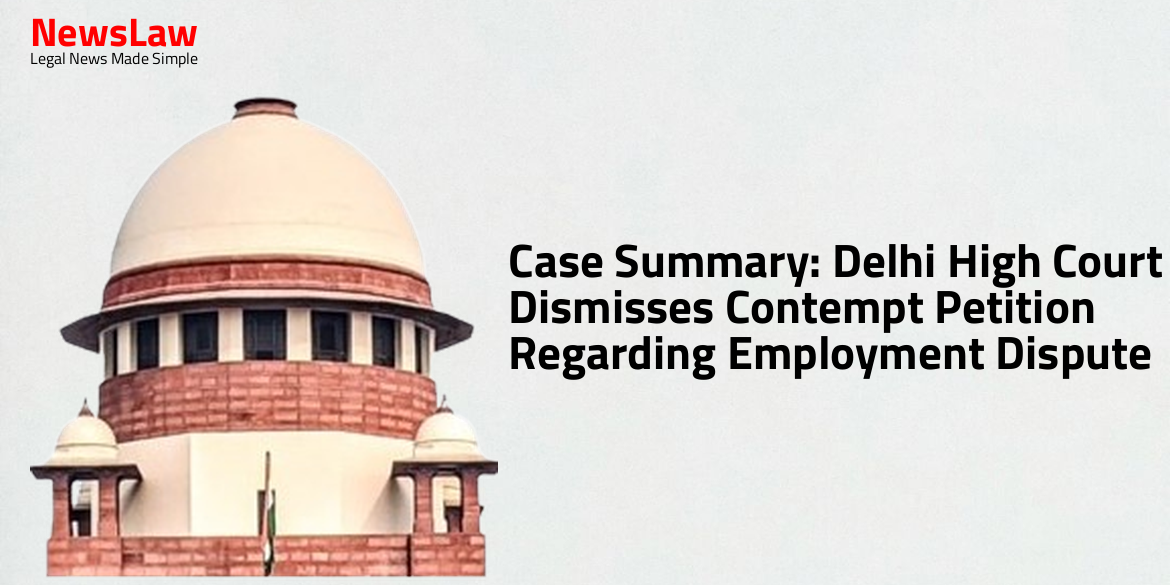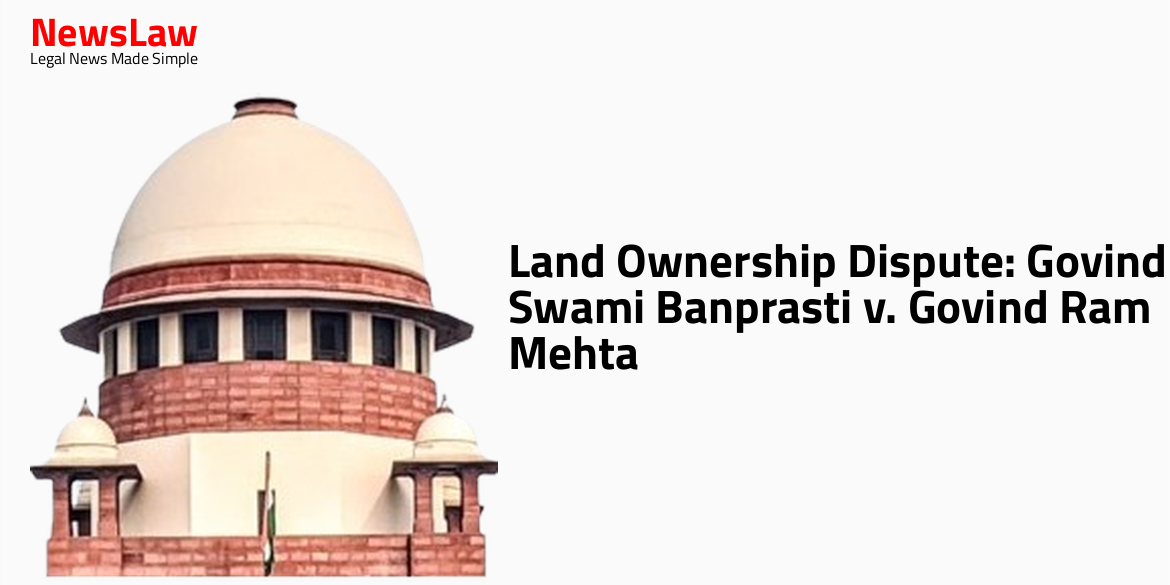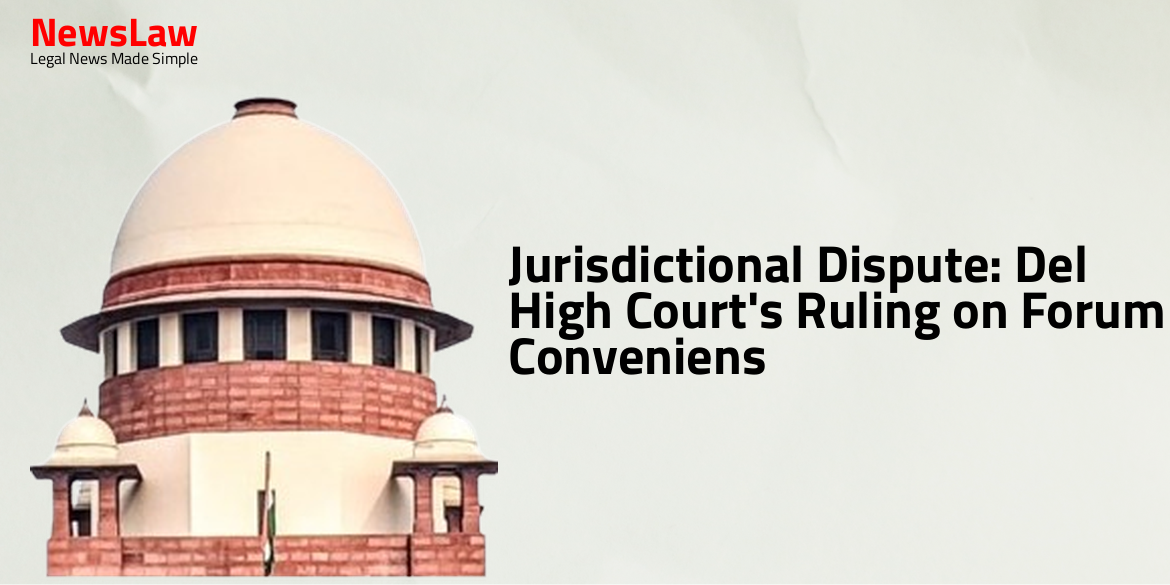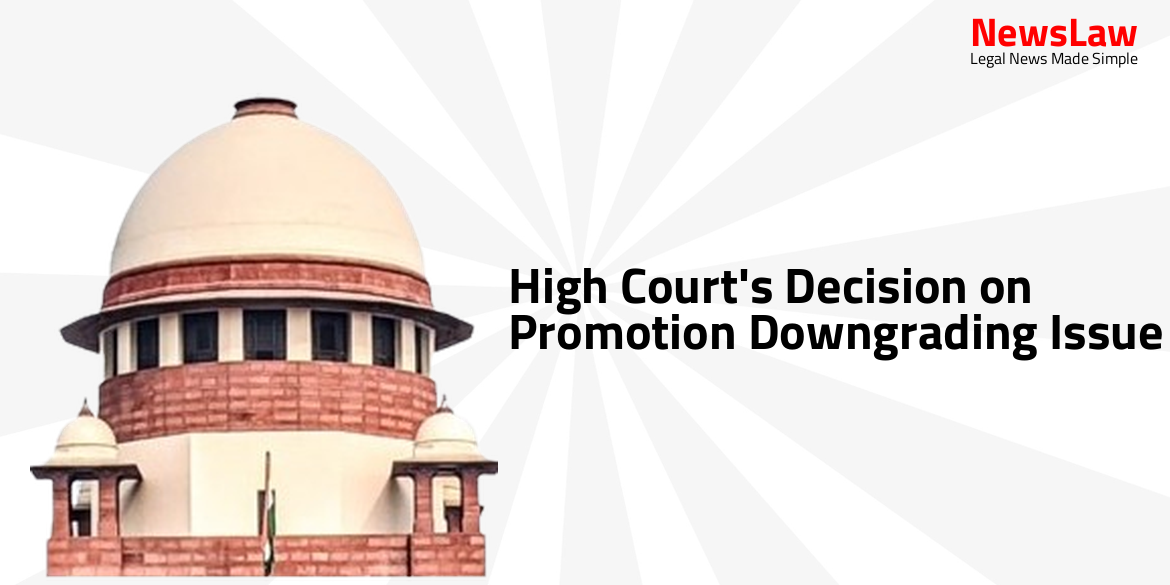In a recent judgement by the Delhi High Court, a contempt petition regarding an employment dispute between the Central Public Works Department (respondent) and contractual workers (petitioners) was dismissed. The petitioners, who were wiremen and electricians, claimed wilful disobedience by the respondents for not absorbing them as per government notification. However, the Court found that the respondents had not violated any court directions, leading to the dismissal of the petition. Find out more about this case below.
Facts
- The High Court granted ad-interim protection in September 1998 to all the contractual labours.
- The Union of India was directed not to substitute its workers.
- Central Advisory Contract Labour Board recommended the prohibition of employment of contractual labor in specific categories.
- Government issued a notification on 31 July, 2002 to prohibit employment of contractual labor in certain categories.
- An office memorandum was issued by the respondents on 27 December 2002 to implement the above notification.
Issue
- Whether the respondents have wilfully disobeyed the orders of the Court
- Determination of whether the act constitutes contempt of Court
Arguments
- Learned counsel for the petitioners argued that the respondents have willfully disobeyed the directions of the Coordinate Bench of the Court and a government notification.
- Petitioners were employed as wiremen and electricians and were entitled to absorption as per the government notification, which they were denied.
- The denial of absorption amounts to ‘wilful disobedience’ by the respondents.
- The respondents argue that the petitioners were employees of the contractor, not directly employed by the respondent department.
- It is contended that the petitioners were working as Operator (E&M) and not as Wiremen and Electricians, a category not approved for absorption.
- The petitioners have a pending challenge regarding non-absorption in a separate writ petition.
- The respondents claim that there is no current interim protection for the petitioners against termination.
- It is argued that the respondents have not disobeyed any directions from the court in the CPWD Karamchari Union case.
- The respondents consider the instant petition as a misuse of the legal process and meritless.
Analysis
- The Court under Contempt of Courts Act, 1971 shall not decide upon disputed questions of facts.
- Proof beyond reasonable doubt is required in quasi-criminal proceedings.
- The principle of vicarious liability does not apply to contempt cases.
- Adjudication should be based on whether there is wilful disobedience.
- When two views are possible, the element of wilfulness diminishes.
- Shifting stands on basic facts hinder adjudication in contempt cases.
- Contempt jurisdiction should follow established principles.
- The Contempt of Courts Act, 1971 defines civil contempt as a wilful disobedience of a Court decision.
- In a contempt petition, the Court must focus on determining whether there is a ‘wilful disobedience’ by the party being accused of contempt.
- Contempt jurisdiction is summary in nature and relies on admitted and undisputed facts.
- To hold someone liable for contempt, the Court must establish deliberate, conscious, and intentional disobedience.
- In the specific case mentioned, the Court passed a directive regarding the employment of contract workers that should not be replaced without valid reasons.
- The Court cannot decide on the contempt unless it has adjudicated upon the question of fact related to the abolition of the contract labour system.
- The contempt jurisdiction is summary and does not address contempt involving disputed questions of facts.
- During a contempt petition, the Court’s inquiry is limited and cannot delve into disputed questions of fact.
- In this case, the petitioners did not meet the requirements for contempt proceedings as per statutory provisions and judicial precedents.
- The Court must exercise the power to punish for contempt judiciously in cases of wilful disobedience or determining rights of parties.
Decision
- Contempt petition dismissed
- All pending applications also dismissed
Case Title: VESHVIR SINGH & ANR. Vs. ASHOK KHURANA & ANR. (2024:DHC:3684)
Case Number: CONT.CAS(C)-365/2013



